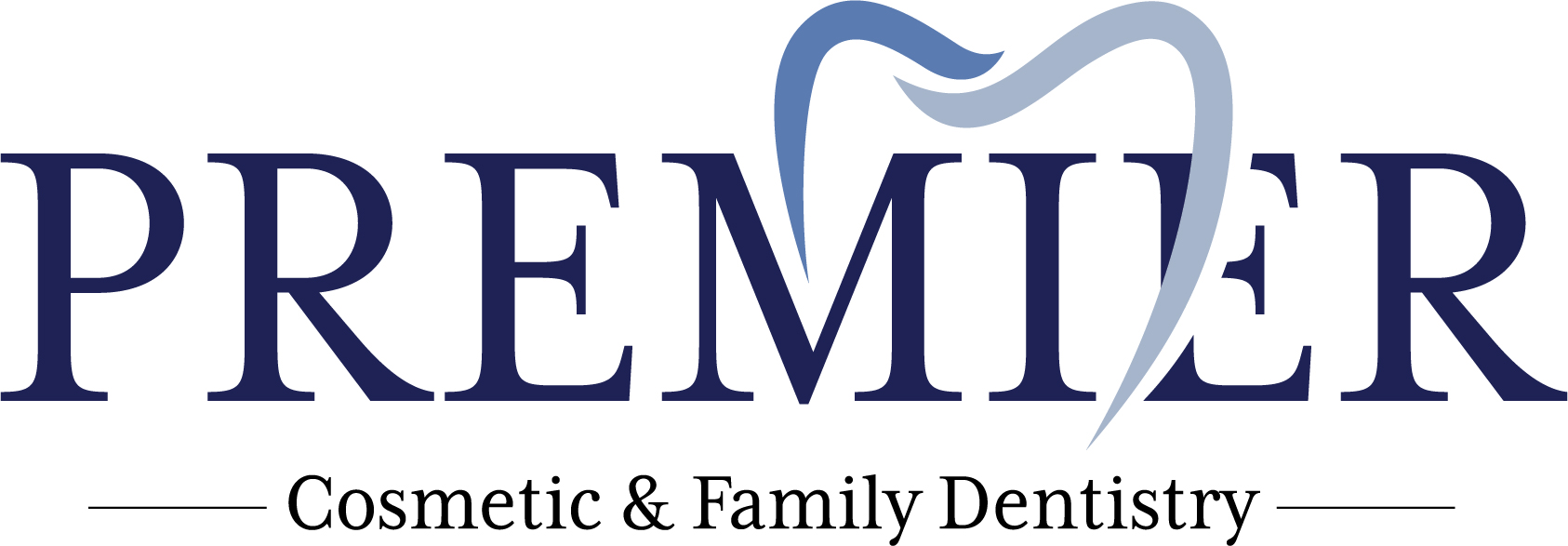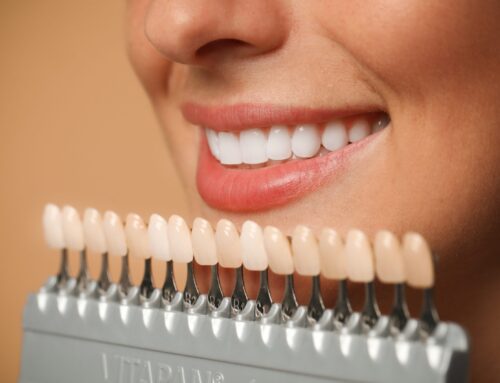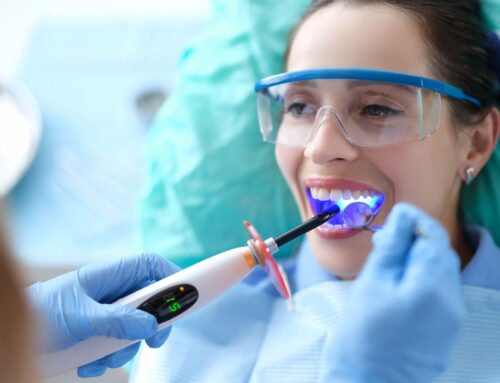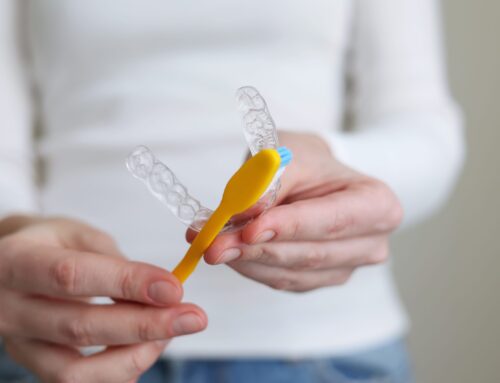There’s a lot of misinformation regarding your dental health out there. You might pick up some tips from friends, family, or even the internet. But it’s important to take some things with a grain of salt.
Believing in common dental myths can do more harm than good. These misconceptions often lead to poor dental hygiene routines, delayed treatment, and avoidable problems.
Myth #1: Brushing Harder Means Your Teeth Are Cleaner
One of the most common dental myths is that brushing with more force will get your teeth cleaner. In reality, brushing too hard can damage your enamel and irritate your gums. The technique you use is more important than the force. Use gentle, circular motions with a soft-bristled toothbrush.
Myth #2: If My Teeth Don’t Hurt, I Don’t Need a Dentist
A lack of pain doesn’t mean there aren’t dental issues brewing. This dental misconception leads to untreated cavities or gum disease that can develop into more serious issues. Regular check-ups can help identify problems early and prevent more serious dental issues.
Myth #3: Eating Too Much Sugar Causes Cavities
Indulging in dessert or eating too much candy isn’t the reason you develop cavities. Poor brushing, dry mouth, and even acidic foods can all increase your risk. Consistent hygiene, balanced nutrition, and regular dental visits can help prevent cavities from forming.
Myth #4: Baby Teeth Don’t Need to Be Cared For
It is easy to dismiss baby teeth as temporary, but this is one of the most common myths about dental health in young children. Healthy baby teeth are essential for proper chewing, speech development, and guiding adult teeth into place. Neglecting baby teeth can lead to early tooth decay, infection, and alignment issues later on.
Myth #5: You Only Need to Floss If Food Gets Stuck
Not flossing regularly can harm your oral health in the long run. Needing to floss only to get something out of your teeth is a dental myth that can lead people to neglect this necessary habit. Daily flossing helps prevent gum disease, cavities, and bad breath.
Myth #6: Whiter Teeth Mean Healthier Teeth
Having whiter teeth can help boost your confidence, but it doesn’t necessarily mean your teeth are healthy. Some whitening treatments only cover up deeper issues. A healthy mouth is about more than appearance. It includes clean teeth, healthy gums, and proper dental care.
Myth vs. Fact: Quick Answers to Common Questions
Do I need to wait 30 minutes after brushing to eat?
Not usually, but if you’ve just had something acidic like citrus or soda, it’s a good idea to wait. Brushing right away can wear down softened enamel.
Is bleeding when brushing normal?
Bleeding gums often mean inflammation or early gum disease. You should not ignore any sign of bleeding because it can point to a serious underlying issue.
Can charcoal toothpaste safely whiten teeth?
It may remove surface stains, but you shouldn’t use it frequently because it can be abrasive and harm your enamel.
Is chewing gum a substitute for brushing?
Chewing sugar-free gum is great for freshening breath and boosting saliva, but it won’t replace brushing and flossing. To truly clean your teeth you have to brush and floss regularly.
Don’t Let Dental Myths Guide Your Oral Health
Learning the truth behind common dental myths and misconceptions is an important step toward improving your oral health. With the correct information and a trusted dental team, protecting your smile becomes much easier.
At Premier Cosmetic & Family Dentistry, we’re not just here to care for your teeth. We’re here to help you feel informed and confident about your dental care. Our dental team takes time to explain your options. They clear up any misinformation and answer your questions about treatments or routines.
Our goal is to support healthy dental habits built on facts, not myths.






